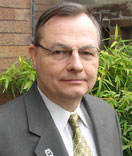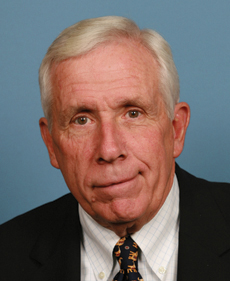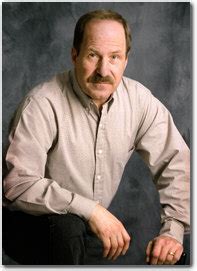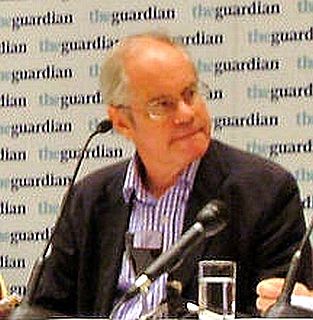A Quote by Stefan Zweig
In their overestimation of the role of civilization, the humanists misunderstand the primary forces of the world of primitive human drives with their untamable violence. With their optimistic view of the role of culture, they (the humanists) trivialize the terrifying, hardly solvable problems of mass hatred and of the great passionate psychoses of the human race.
Related Quotes
One of the things that I tell beginning writers is this: If you describe a landscape, or a cityscape, or a seascape, always be sure to put a human figure somewhere in the scene. Why? Because readers are human beings, mostly interested in human beings. People are humanists. Most of them are humanists, that is.
Much of human progress has been in defiance of religion or of the apparent natural order. The defiance of religious and secular authority has led to democracy, human rights, and the protection of the environment. Humanists make no apologies for this. Humanists twist no biblical doctrine to justify such actions.
In every human society of which we have any record, there are those who teach and those who learn, for learning a way of life is implicit in all human culture as we know it. But the separation of the teacher's role from the role of all adults who inducted the young into the habitual behavior of the group, was a comparatively late invention. Furthermore, when we do find explicit and defined teaching, in primitive societies we find it tied in with a sense of the rareness or the precariousness of some human tradition.
I think the ultimate sense of security will be when we come to recognize that we are all part of one human race. Our primary allegiance is to the human race and not to one particular color or border. I think the sooner we renounce the sanctity of these many identities and try to identify ourselves with the human race the sooner we will get a better world and a safer world.
We can't just rail against crime. We must speak of the root problems - devastating family breakup, an insidious culture of violence that cheapens human life, skyrocketing prisoner recidivism rates that rob our communities of husbands and fathers - and recognize that there is a societal role in rehabilitation and restoration.
There are really three players: 'absolutists', for whom it is possible to describe reality as it anyway is; 'constructivists' or 'humanists', for whom there is nothing beyond a world that is relative to human interests and conceptual schemes; and 'ineffabilists', like myself, for whom any describable world indeed exists 'only in relation to man', as Heidegger put it, but for whom, as well, there is an ineffable realm 'beyond the human'.
Human life is an extension of the principles of nature, and human civilization is a venture extrapolated out of human natures: man and his natural potential are the root of the entire human domain. The great task of all philosophizing is to become competent to interpret and steer the potential developmental forces in human natures and in the human condition, both of which are prodigiously fatalistic.
Every time humanists try to get a slot on 'Thought For the Day' on Radio 4, they are told it's reserved for 'the faith community,' whatever that is. Yet 'TfT' is almost always pabulum about how God wants us all to love each other and care for the unfortunate. I'm sure humanists would say much the same, without God.
The beginning as well as the end of all his thoughts was hatred of human law, that hatred which, if it be not checked in its growth by some providential event, becomes, in a certain time, hatred of society, then hatred of the human race, and then hatred of creation, and reveals itself by a vague and incessant desire to injure some living being, it matters not who.






































